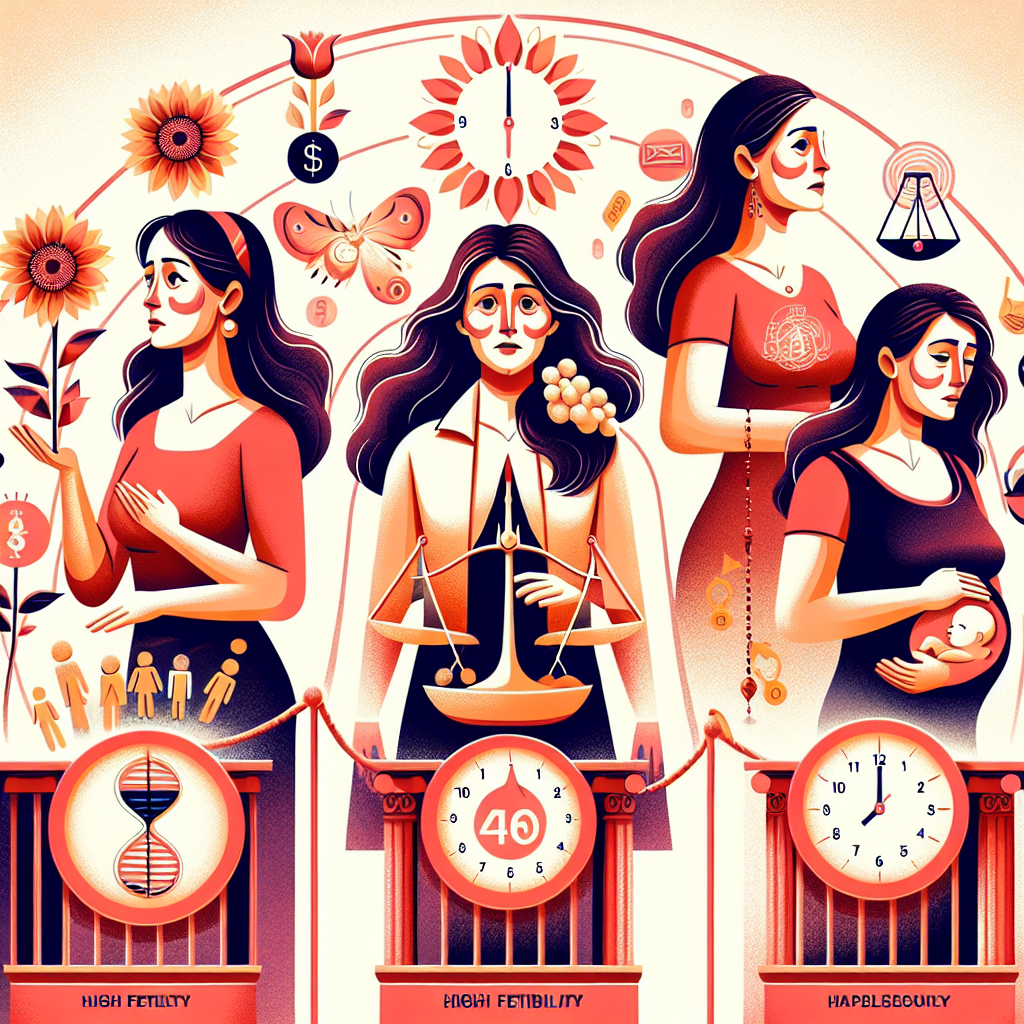Pregnancy at Different Ages: 20, 30 or 40 Years
Over time, society has changed many norms and expectations, including the ideal age at which a woman should become a mother. The optimal age for pregnancy has been a topic of debate, and now, more than ever, women enjoy the freedom to decide when the time is right. In this article, we'll explore the advantages and challenges of pregnancy at different ages—in your 20s, 30s, and 40s—to help you make informed decisions.
Pregnancy in the 1920s
Advantages of Pregnancy in Your 20s In the 20s, a woman's body is usually in prime condition for pregnancy and childbirth. Medical risks, such as gestational hypertension or gestational diabetes, are lower and general health is often better. Also, recovery after childbirth can be done more quickly at this age. Another advantage is that it gives women more energy to keep up with the fast pace of raising a young child.
The Challenges of Pregnancy in Your 20s On the other hand, pregnancy in your 20s can come with certain challenges. Many young people are still at the beginning of their career or even in the period of education and professional development. Pregnancy can mean an interruption in this process or a difficult balance between work and family responsibilities.
Pregnancy in the 1930s
Advantages of Pregnancy in Your 30s Moving into the third decade of life brings with it stability in many aspects. Women find a balance between career, relationships and future plans, often with a stronger financial foundation. This stability can provide a better environment for a child to grow up. Fertility still remains at a good level and medical risks remain relatively low.
The Challenges of Pregnancy in Your 30s One of the downsides of pregnancy in your 30s is the gradual decline in fertility. The ability to conceive naturally may begin to decline, and therefore some women may need medical help to conceive. Also, the risks of certain complications such as Down syndrome increase with age.
Pregnancy in the 40s
Advantages of Pregnancy in Your 40s Although pregnancy at 40 is considered late in medical terms, there are certain advantages even at this age. Emotional maturity and life experience can go a long way in raising a child. Also, many women already have established careers and are financially established, which can provide a comfortable environment for a newborn.
The Challenges of Pregnancy in the 40s The challenges of pregnancy in the 40s are largely medical. The risk of complications such as gestational hypertension, gestational diabetes and premature birth increases. In addition, fertility declines significantly, meaning many women rely on fertility treatments to conceive.
Common Aspects of Pregnancy at Any Age
Regardless of age, there are some important commonalities in pregnancy:
-
The Importance of Preconception Care : Visiting your doctor before trying to conceive can help identify and manage health problems that could affect pregnancy.
-
Diet and Lifestyle : A healthy diet and lifestyle are crucial for a healthy pregnancy at any age.
-
Social Support : Regardless of age, the support of your partner, family and friends is essential during pregnancy and after birth.
Conclusion
Whether you choose to become a mother in your 20s, 30s or 40s, each age comes with its own advantages and challenges. It is important to assess your personal situation, prepare yourself mentally and physically for this wonderful journey and seek specialist medical advice. Let's not forget that although medical aspects are important, love and care are always key elements in raising a child. If you found this article helpful or would like more information, feel free to visit our website or subscribe to our newsletter for tips and advice on your journey to motherhood.














































































































































